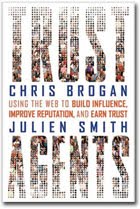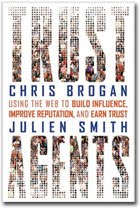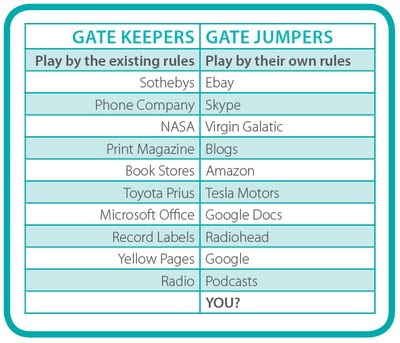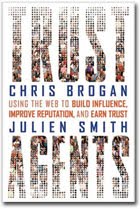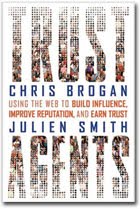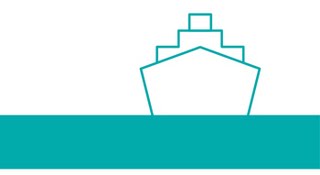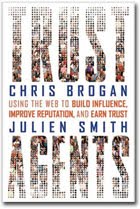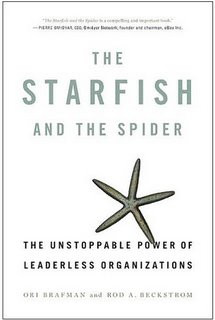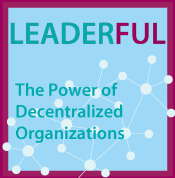Web Line 8: RAP3: Belong (2)
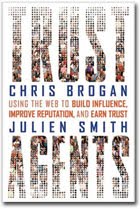
Web Line 8: RAP3: Belong (2)
Derived From
Chris Brogan and Julien Smith, Trust Agents
Book Website
www.trustagent.com
Previously
RAP3: Belong (1)
Joining Communities
Today our communities are online - spread around the globe. This makes it much easier to hang out with people with similar interests. Here’s how you can join, engage and belong to online communities:
- Listen first : How do people interact here? Eg: LinkedIn is different to Facebook. What’s good behaviour? What’s bad?
- Take small steps : Be friendly, add to the conversation. Notice who’s who in the zoo.
- Start something new : Become a doer and offer to lead something for the community.
Previously our communities were based on geography. If we got lucky there might be some people like us in our local neighbourhood. Otherwise, you had to move to be closer to your tribe.
Making Friends
- Join communities eg. Facebook, Twitter, LinkedIn.
- Find people you already know.
- When making contact with people you barely know leave a personal message to introduce yourself.
- Listen and learn about others. Search for subjects that appeal.
- Then connect around mutual interests.
One of the ways to build your online presence is to write comments on other people’s blogs.
- Leave your name and company name without being spammy.
- Don’t directly mention your stuff. Remember, your comments are meant to add to the existing conversation, not subvert it.
- Be yourself and one of us.
- Add value. Nice comments do little to bolster your credibility.
- Leave 10 comments a day to build a web presence.
Labels: Chris Brogan, Internet Strategy, Julien Smith, Leadership, Online Business, Social Media, Trust Agents, Web Strategy
